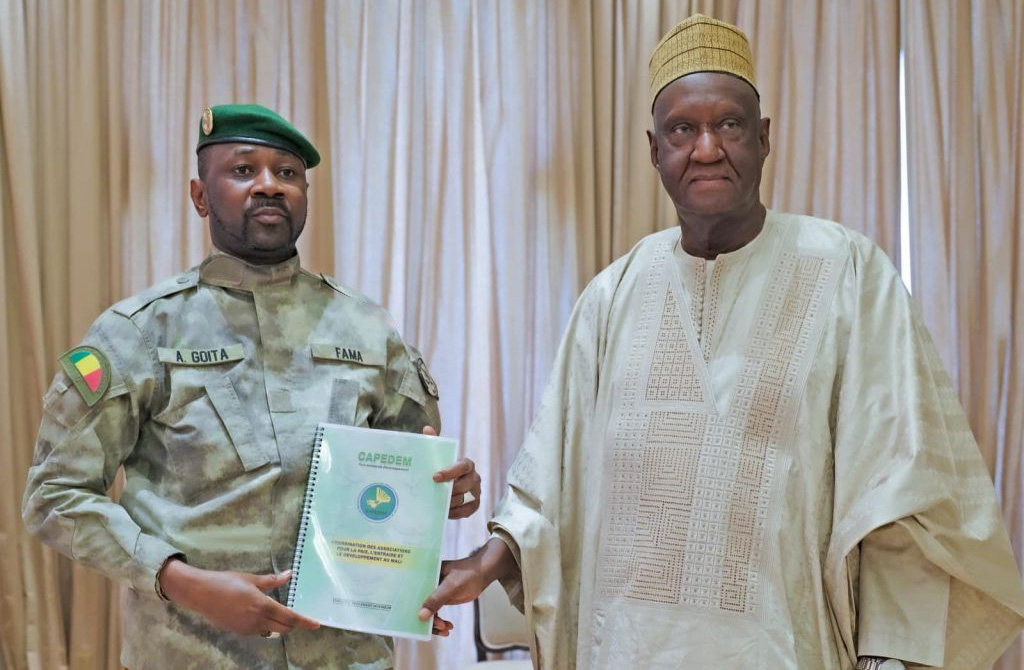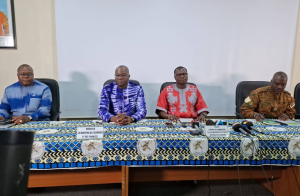Mali: Towards sovereign peace with the new National Charter for Reconciliation

After more than six months of national consultations, including with the diaspora, Mali’s transitional authorities presented the final draft of the National Charter for Peace and Reconciliation on Sunday, July 20, 2025, in Bamako. The event, presided over by Prime Minister Abdoulaye Maïga, was held during a symbolic workshop described as a “historic meeting for sovereignty”.
The official handover of the document to the Head of State is scheduled for Tuesday, July 22, at the Koulouba Palace. This slight delay from the original timeline reflects, according to the government, a desire to broaden consultations and finalize the Charter in a spirit of inclusiveness and national coherence. The Charter marks a deliberate break from the 2015 Algiers Accord, which the Malian authorities now deem ill-suited to the country’s current sociopolitical realities. Instead, it embraces a homegrown approach, centered on national institutions and rooted in core local values such as integrity, justice, and solidarity—principles also enshrined in the new 2023 Constitution.
Chaired by former Prime Minister Ousmane Issoufi Maïga, the drafting commission emphasized the Charter’s inclusive and consensus-based nature. It aims to serve as a strategic tool for national reconciliation and state rebuilding, in a context still marked by security tensions, especially in the northern and central regions. Prime Minister Abdoulaye Maïga highlighted that the Charter should enable Mali to fully reclaim its destiny, breaking away from foreign dependency in managing internal crises.
A national communication strategy will soon be launched to ensure the Charter is embraced by citizens, local communities, and institutions. With this Charter, Mali seeks to write a new chapter in its history, rooted in sovereignty, internal dialogue, and national cohesion as pillars of lasting peace.






